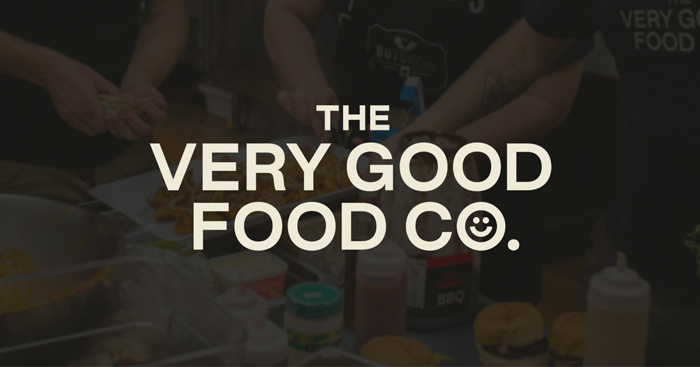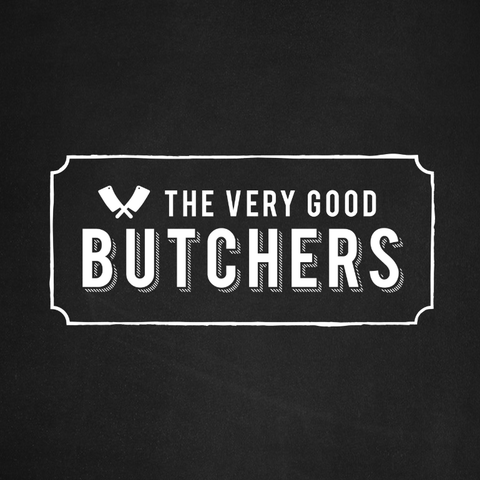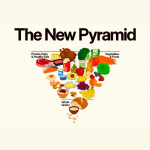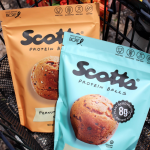Very Good Food Company Reports Q1 Results; Revenue Declines as Company’s Future Remains Uncertain

The Very Good Food Company still reported a significant drop in revenue in its 2022 Q1 earnings statement yesterday, despite net loss decreasing 37% to 13 million Canadian Dollars over the last quarter. The announcement comes as the plant-based cheese and meat company has continued to struggle with financial performance, seen turnover in key executive roles and needs to bring in new capital in order to survive beyond the next 30 days.
The company reported that in the first quarter management “focus[ed] on sustainable growth and a path to profitability as opposed to solely focusing on top line growth” This included a limiting ecommerce sales due to high digital marketing costs, lowering production and headcount at some locations, decreasing inventory levels, and cutting back on non-critical and administrative expenses.
“We started to see the results of our refocused strategy start to materialize in the Q1 2022 financial results: while the overall sales are down as a result of our conscious decision to decrease eCommerce sales, wholesale revenue shows strong triple digit growth,” said Matthew Hall, Interim CEO for VGFC, in a prepared statement.
Despite VGFC’s wholesale revenue increasing 123%, overall revenue decreased to CA$2 million, a 24% decline compared to the same period last year and down 53% compared to the prior quarter. The largest drop in revenue (-68%) came from e-commerce sales, which was expected, management noted, as the company works to conserve capital by investing less into acquiring new customers online.
To continue operations past the next 30 days, VGFC’s management said the publicly traded company will need to obtain more debt or equity financing. In the meantime, the team is also looking for new ways to extend the company’s runway by disposing of equipment and ingredients.
“While the Company has been successful in the past in obtaining debt and equity financings, there is no assurance that the Company will be able to do so going forward. The existence of these conditions indicates that there are material uncertainties which may cast significant doubt on the Company’s ability to continue as a going concern,” a statement noted. “In order to address its lack of necessary liquidity, the Company has reduced its cash outflow related to paying trade payables while it evaluates its financing options.”
General and administrative expenses dropped 2% from the prior quarter to CA$5.6 million, mainly due to savings from decreased salary and wages, having reduced its workforce early this year. However, adjusted G&A expenses increased sequentially 131% to roughly CA$5.6 million in Q1, due to one-time expenses including costs associated with the company’s Nasdaq listing, as well as legal fees and higher costs due to an elevated headcount..
To combat rising labor and production costs, the company decided on Monday to shutter its Canadian plants in Victoria and Esquimalt, British Columbia, as well as its Patterson, California facility; moving forward, all production will be consolidated to a single facility in Vancouver. VGFC will also shutter its flagship Victoria store, where it first gained notoriety as a “vegan butcher shop,” and cease efforts to open a1 4,000 square foot Vancouver shop, which was to also serve as an R&D center and restaurant.
The closures were made “in an effort to create production efficiency and reduce overhead,” VGFC said in a release, adding that it was still determining how to best utilize these facilities going forward. Further workforce reductions will likely follow, with the company stating efforts to streamline operations will also reduce its corporate business functions.
Despite wanting to trim some labor expenses, VCFC said it is concerned about “losing some critical talent,” noting the company has seen higher employee turnover the past quarter, and will “evaluate how it can improve employee retention.”
The statement further noted that the company has incurred losses since its inception, a financial position that management expects to continue at least in the near future. The company experienced “greater than expected cash burn during the quarter,” according to that earnings release; As of March 31, 2022 VGFC had cash and cash equivalents of over CA$6.3 million down from more than CA$21.9 million Currently the company’s cash balance sits at roughly $3.3 million to settle current accounts payable and accrued liabilities of close to CA$6.7 million.
VGFC has seen several executives depart in the last two months. On April 4th co-founders Mitchell Scott and James Davison, the company’s CEO and Chief R&D Officer, had been terminated and resigned, respectively. In the wake of their departure, president and interim CFO Ana Silva stepped to the helm. Yet on April 25th, VGFC simultaneously announced Silva’s resignation as well as the appointment of Hall, formerly a 31-year senior executive with Nestlé.
A director of the company, Dela Salem, was also appointed as co-CEO this week, tasked with “certain administrative aspects of the role and to assist with the company’s management transitions.”
Moving forward, the company plans to focus on wholesale and food service sales efforts, particularly in the United States.
“During the very short period of time that I have been with the company, I have made great strides in identifying the problem areas…My strategy focuses on stabilizing, right-sizing, and optimizing the business,” Hall said. “I am confident that we will start to see great improvements in future quarters. We have a great brand, fantastic products, engaged customers, and some very dedicated and talented people. We can leverage these strengths to rebuild this Company and start executing on the promise of delivering shareholder value.”

















